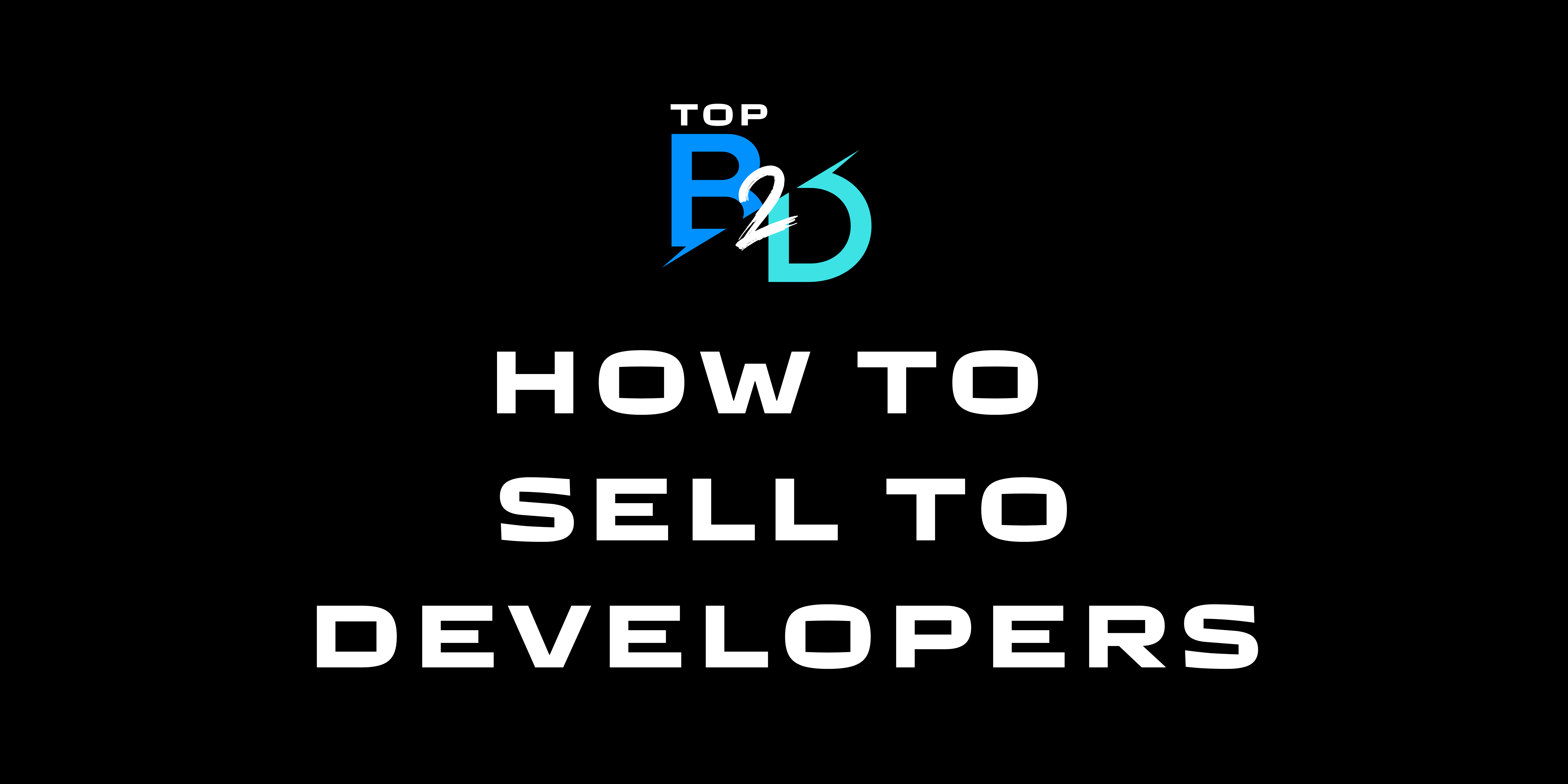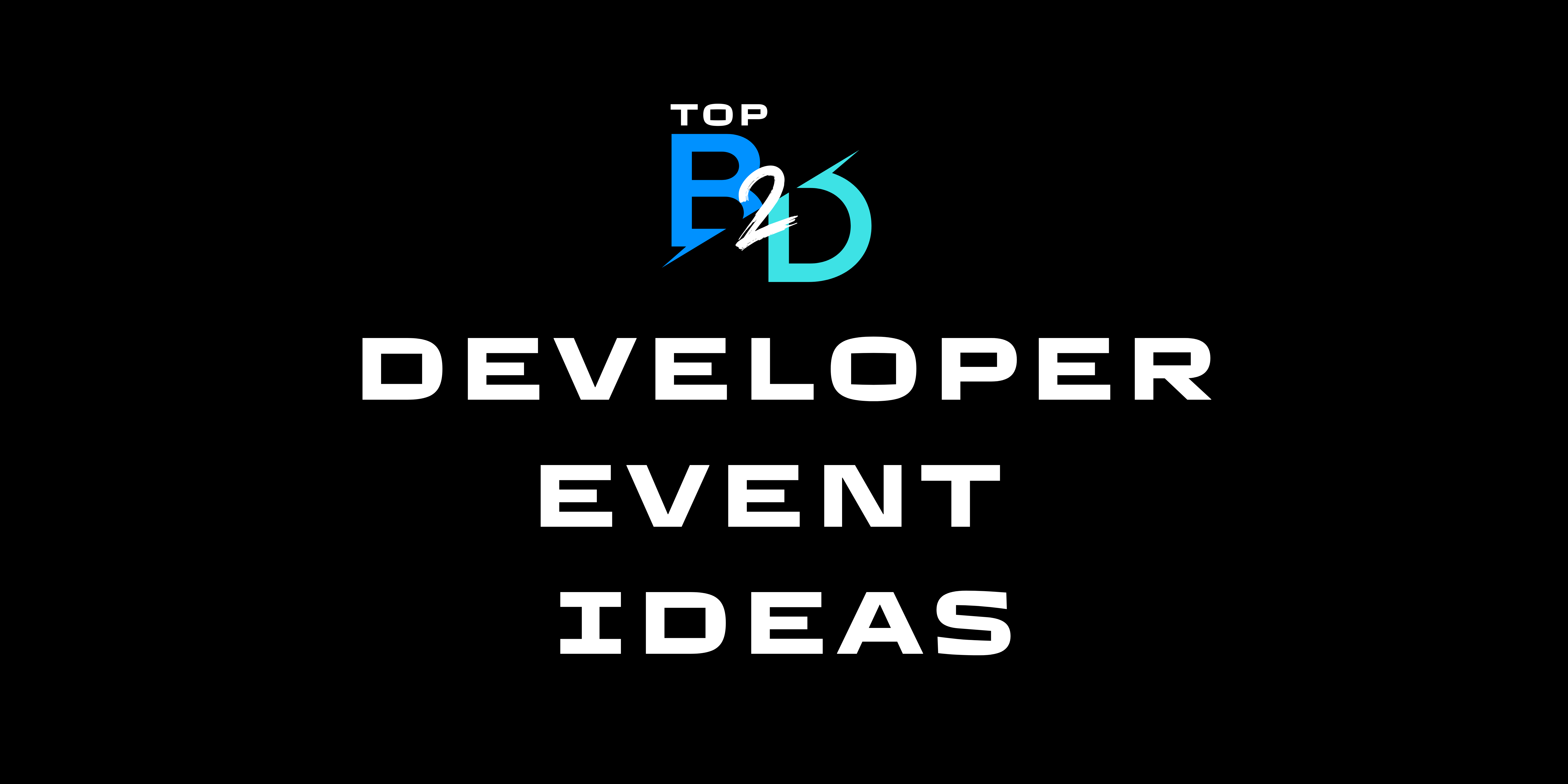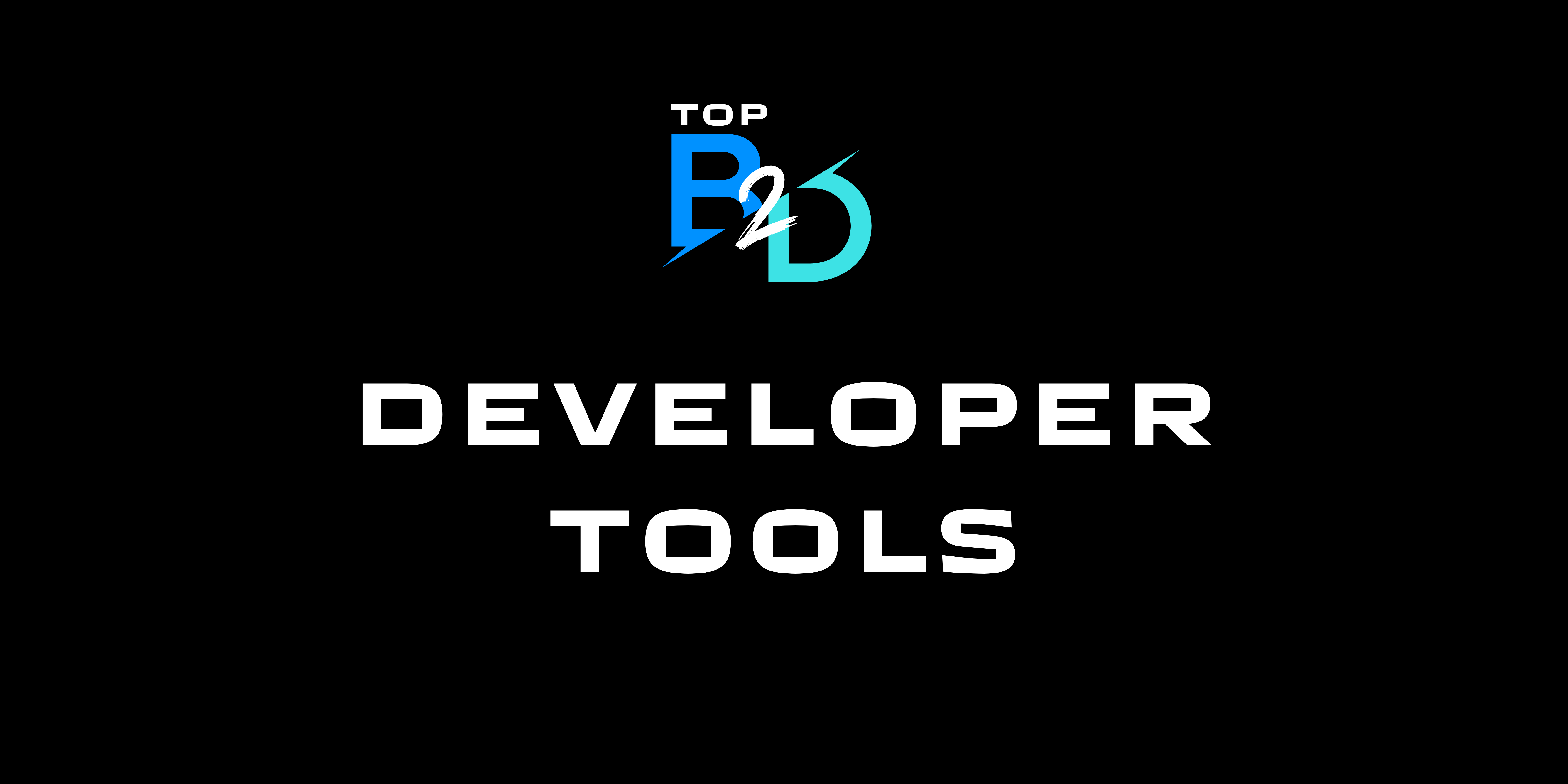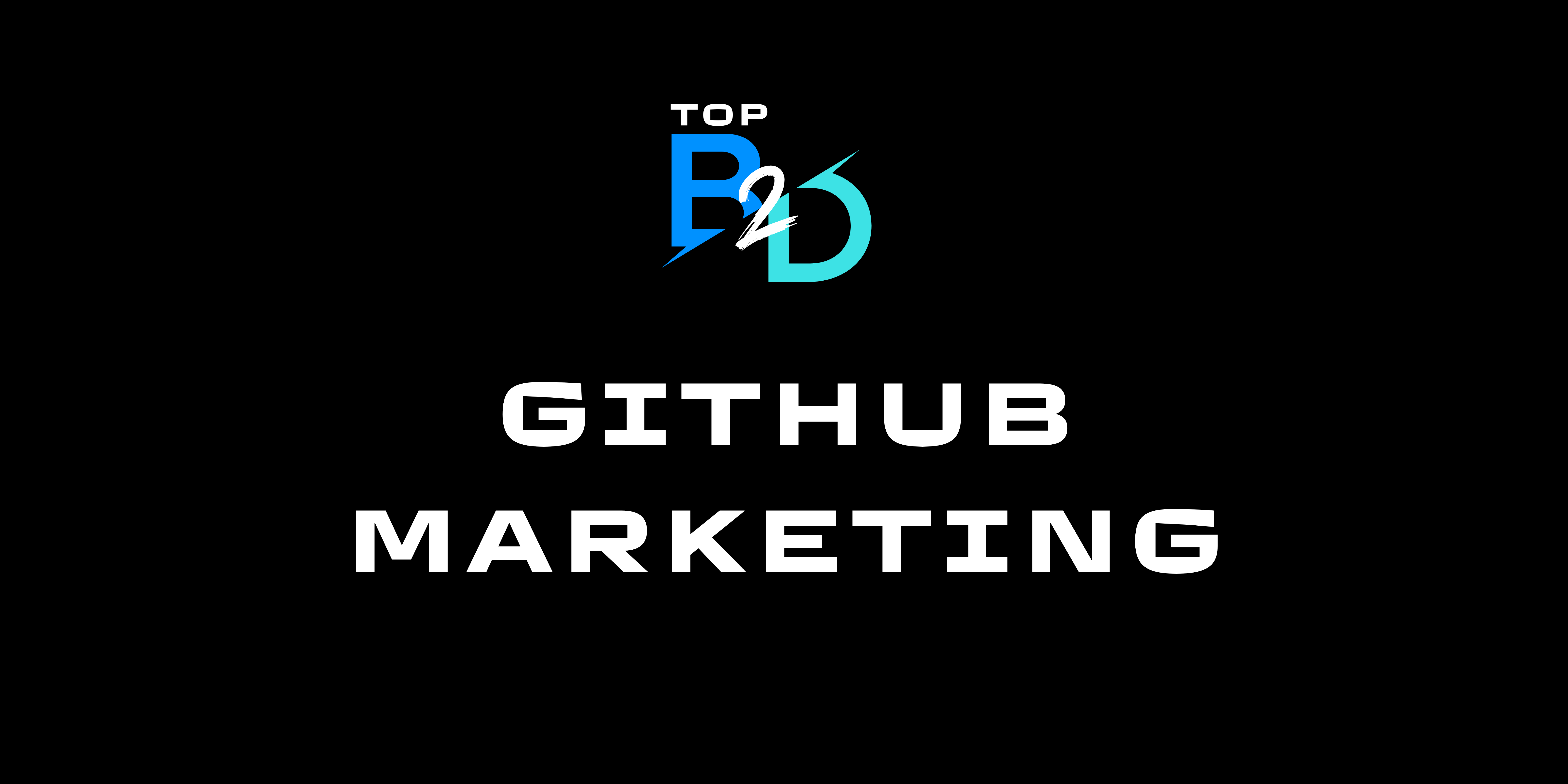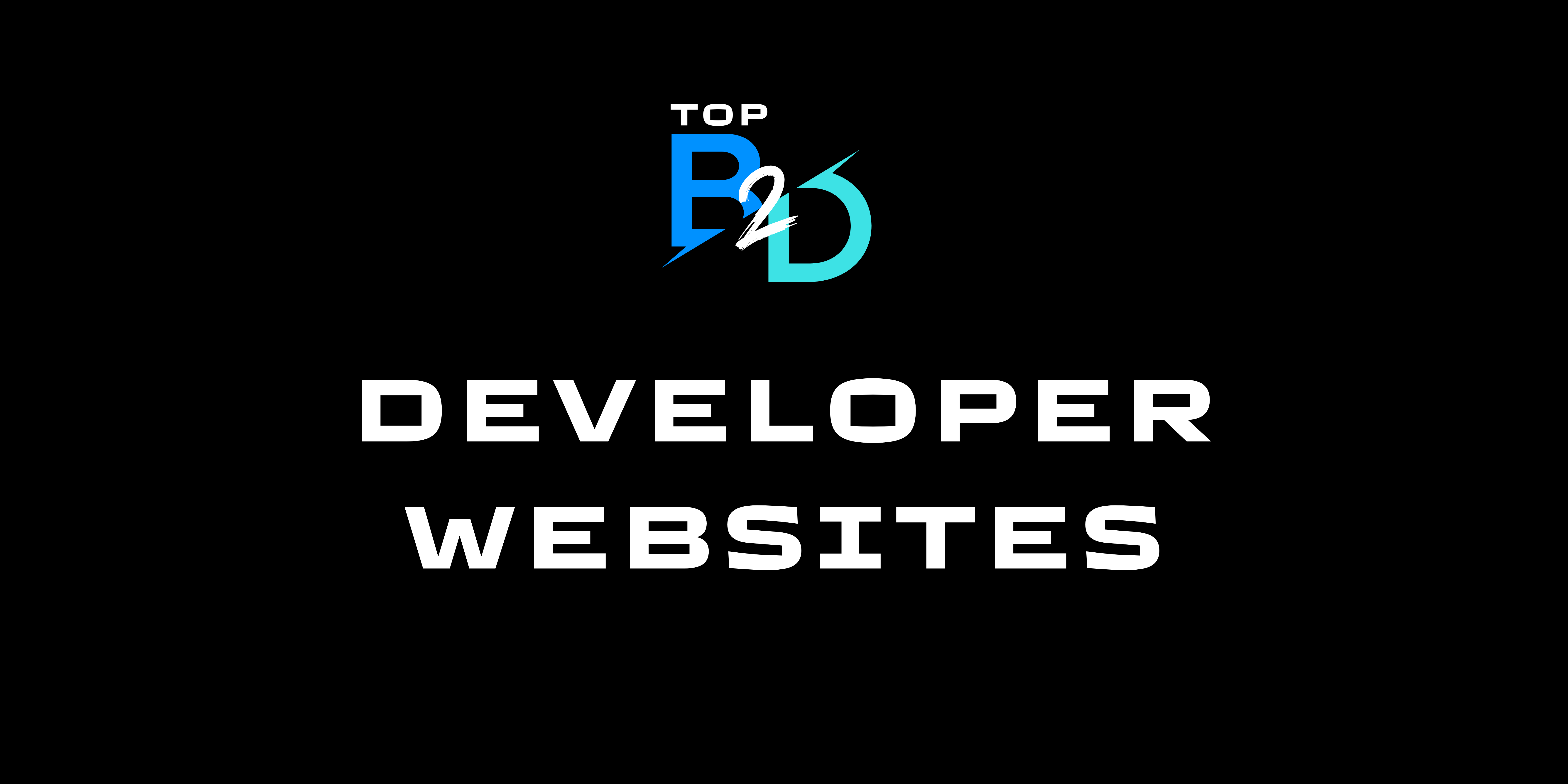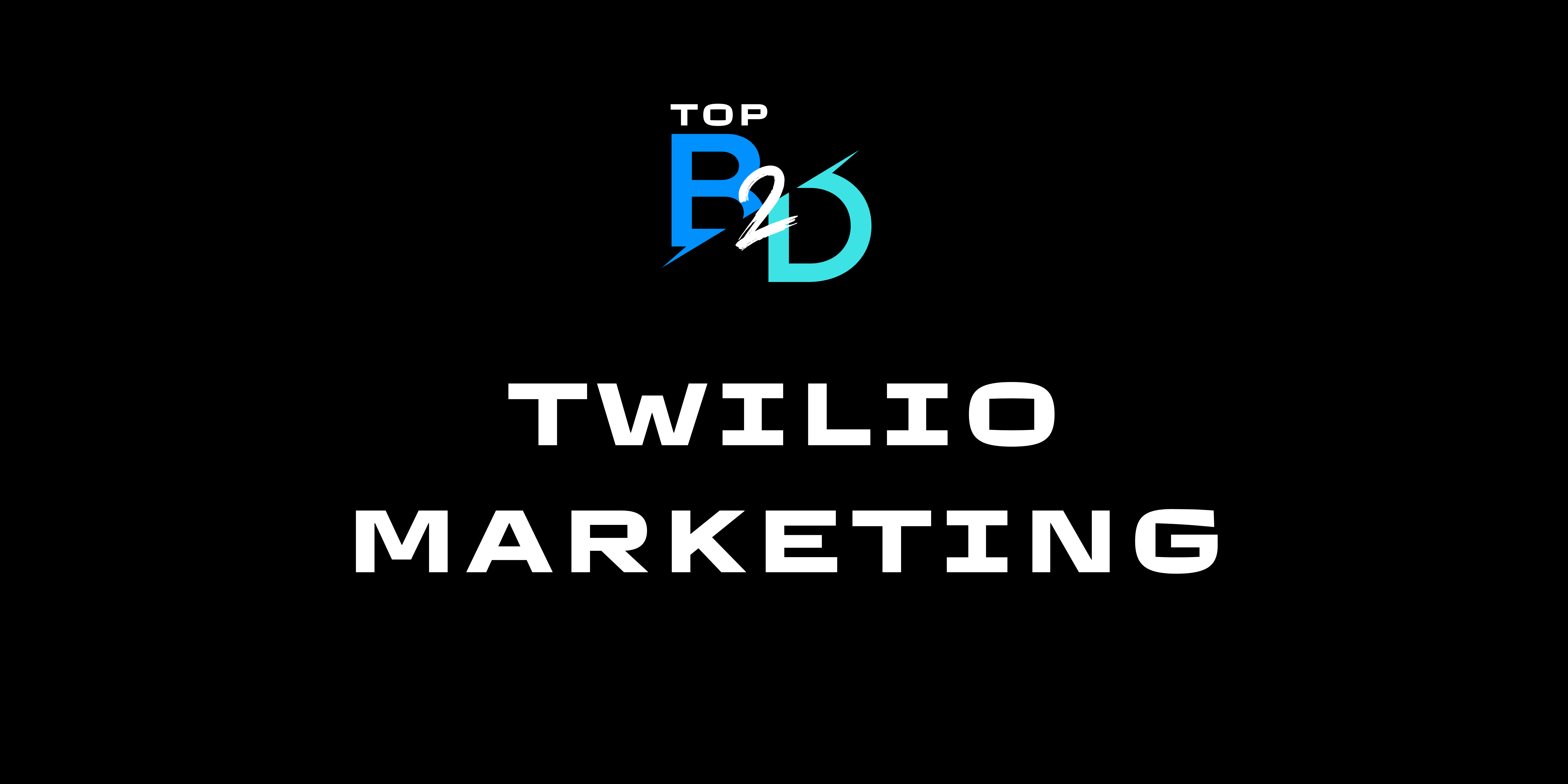Understanding The Mindset of Developers For Effective Selling
When it comes to effective selling, it’s crucial to understand the mindset of your target audience. In this case, we are focusing on software developers. It’s a unique audience characterized by a logical and detail-oriented mindset. They appreciate direct and transparent communication and don’t appreciate marketing fluff.
Software developers are problem solvers at heart. They generally don’t make purchasing decisions based on emotional angles or meticulously edited marketing pitches. Rather, they want to know how your product or service will help them solve a problem. If you are selling to developers, ensure you highlight cause and effect, the problem, and your solution in crystal clear terms.
Communicating Value Effectively
Knowledge of your product and its value proposition is vital, and the ability to communicate this succinctly is even more critical when selling to developers. They appreciate real substance, not inflated claims or hype. Use clear, succinct language that identifies the value your product will bring to them. Does it save time? Boost productivity? Improve code quality? Be specific and help them understand your product’s concrete benefits.
Creating Trust and Credibility
Building trust and credibility with software developers is essential in the selling process. Demonstrable expertise, clear communication, and honesty are vital in gaining their respect and trust. If your product really works as you claim, show them. Give them a demo, a free trial, or provide comprehensive documentation and case studies. Remember, a – show, don’t tell – approach is likely to be much more effective when communicating with developers.
Techniques of Selling To Developers: A Modern Approach
In any business to business set up, understanding your target market and their needs is a significant factor to a successful operation. The case is no different when it comes to selling to software developers. This dynamic and highly technical professional group requires a refined, unique approach. This article will reveal modern ways to approach and influence developers, ensuring an effective sales strategy.
Building Trust
Firstly, it is essential to ascertain that trust is a fundamental element in selling to software developers. To achieve this, a deep comprehension of the technical aspects of your product is necessary. You need to communicate to them in a language they better understand; otherwise, your pitch might get lost in translation. Simply put, you have to tailor your sales message to their technical know-how level, drawing a clear picture of how your product or solution will help them solve their challenges.
Free Trials and Demonstrations
Software developers are a group known for their appreciation for hands-on experience. Offering free trials and demonstrations can greatly influence their purchasing decision. Such an approach can allow them to experience first-hand what your product can do and how it integrates into their current way of working. And this can considerably increase your chances of making that essential sale.
Validating with Experts
Last but not least, leveraging thought leadership and expert opinions can be a game-changer in your sales approach. Having an industry expert or a credible figure validate your offerings not only enhances your credibility but can significantly incline the deal towards your favor. It’s the equivalent of having a stamp of approval, a language developers understand and respect.
Gaining Trust: Building Credible Relationships with Developers
In the business to developer models, gaining trust and establishing credible relationships with developers is paramount. To successfully market and sell software to developers, building a foundation of authenticity, reliability, and respect is essential. When they perceive your organization as trustworthy, developers are more likely to view your products favorably.
Authenticity: Speak Their Language
Simplicity is important in these relationships, and authenticity is key. When communicating with developers, speak their language. This doesn’t just mean using technical terms correctly, it also involves understanding their world and addressing their needs directly. By demonstrating technical expertise, you engender respect and credibility amongst your developer audience.
Reliability: Delivering Consistent Value
Reliability is another key aspect in building trust. Make sure your product or service consistently provides the value promised. Delivering reliable solutions and support not only gives developers confidence in your product but also reinforces your authenticity.
Respect: Understanding Developers’ Environment
Finally, respect plays a vital role in creating a solid relationship with developers. Recognize the pressures they face and present your solutions in a way that addresses these challenges. Show them that you understand their environment and are committed to improving it with your product or service. Consider their perspective in all interactions, and invest in their success as much as your own. This balance of authenticity, reliability, and respect will ensure success in forming credible relationships with developers.
Product Presentation: How To Sell Your Product To Developers Successfully
In order to sell your product to developers successfully, product presentation makes a vital difference. Developers, as tech-savvy professionals, look beyond the aesthetic appeal of a product. They demand a detailed, in-depth understanding of how your product performs, the technology behind it, and its practical utility in resolving real-world problems they face routinely.
Highlight the Technical Specifications
When you’re gearing up for a product presentation to developers, bear in mind the importance of technical specifics. Developers appreciate the subtleties of various technologies and the nuances they bring. Be certain to have a deep dive into your product’s technical specs, divulge the tech stack used, and elucidate the codes at play if relevant. Use language that is both clear and developer-friendly.
Problem-Solving Capability of the Product
Moreover, developers are solution-driven. They appreciate products that clearly demonstrate how they can solve a problem or simplify a complex process they regularly encounter. To successfully engage developers in your product presentation, show them how your product can make a significant difference in the overall development lifecycle or how it can streamline a specific aspect of the delegation.
The Usability and Integration
Lastly, equally crucial is to showcase the usability and integration of your product. Present how easy or intuitive it is to use. Ideally, your product should have a gentle learning curve, with a high degree of compatibility and integrability with other existing software or platforms leveraged by developers. Also, emphasize on the continuous support and upgradation that you provide further strengthening your tie with the developer community.
Communication is Key: Tailoring your Sales Pitch to Reach Developers
In the world of software, the key to successful sales leans heavily on effective communication. Marketing teams often struggle to bridge the gap between business lingo and software language. However, tailoring your sales pitch to reach developers is necessary for profitable business transactions. Understanding their needs, their lingo, and offering solutions to their problems can make all the difference.
When selling to a developer, the traditional sales pitch falls flat. These professionals seek value and efficiency. A sales pitch that’s congruent with what the developer is seeking is one that employs clear and concise language, offering solutions to specific needs in development, and emphasising the distinct features of a product while avoiding unnecessary jargon.
Decoding the Developer’s Language
Developers communicate in code, and aligning your language to theirs proves to be an effective strategy for a tailored sales pitch. This doesn’t imply learning to code extensively, but understanding common terminologies used in the tech world enhances communication with developers. It’s also a sign of respect and creates a feeling of inclusivity.
Emphasize Value Over Cost
Most developers care about the value a product delivers over its cost. The ideal sales pitch should portray how your product can save time and effort while improving the quality of a developer’s work or meeting their specific needs. Taking the time to understand their workflow and process, and then aligning your product’s features to these, can not only lead to a successful sales pitch, but also a successful long-term relationship.
Case Study: Proven Strategies for Selling To Developers
In the dynamic world of business-to-developer marketing, understanding your audience is crucial to achieving success. This case study will dive into the most effective strategies proven to convert developers into loyal customers.
Speak Their Language
Just like any other specialized group, developers communicate in a language of their own. Using their lingo, tech jargon and terminologies show that you truly understand them. Furthermore, it allows you to genuinely connect with them and gain their trust.
Level Up the Technical Details
When it comes to selling to developers, don’t skimp on the technical details. Developers favor products that are technically robust and can solve their pressing issues. They appreciate meticulous details, so highlight how your product or service can tackle specific problems. The higher-end your product is, the more advanced features must be emphasized.
Use Proven Marketing Channels
While traditional marketing channels have their place, when you’re selling to developers, it’s often more effective to utilize platforms that they trust and frequent. This often involves a mix of social platforms, technical forums, and developer-centric websites. By sharing your message on these platforms, you’re able to reach more developers where they’re most comfortable and receptive.
Offer True Value
One common theme in successfully selling to developers is the need to offer clear and true value. This goes beyond just the product itself – it comes down to how you communicate, the resources you provide, and the ongoing support you offer. It’s all about creating an experience that saves them time, enhances their work, and simply makes their lives easier.
